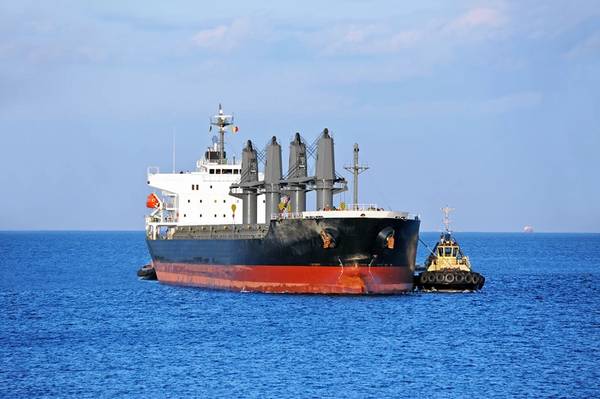Baltic Index Ends Higher for 6th Straight Session
Posted by Eric Haun
March 8, 2017

© Hellen Sergeyeva / Adobe Stock
The Baltic Exchange's main sea freight index, tracking rates for ships carrying dry bulk commodities, ended higher for its sixth straight session on Wednesday, boosted by stronger rates across all vessel segments.
The overall index, which also factors in rates for panamax, supramax and handysize shipping vessels, ended up 12 points, or 1.16 percent, at 1,045 points, its highest level since Dec. 13.
The capesize index closed up 22 points, or 1.41 percent, at 1,578 points.
Average daily earnings for capesizes, which typically transport 150,000-tonne cargoes such as iron ore and coal, were up $23 to $11,889.
The panamax index gained 26 points, or 2.18 percent, to finish at 1,220 points.
Average daily earnings for panamaxes, which usually carry coal or grain cargoes of about 60,000 to 70,000 tonnes, increased $204 to $9,796.
Among smaller vessels, the supramax index rose 7 points to finish at 868 points, while the handysize index was up 8 points at 485 points.
(Reporting by Eileen Soreng in Bengaluru; Editing by Sai Sachin Ravikumar)




